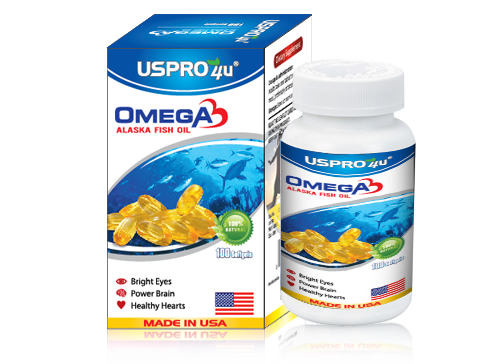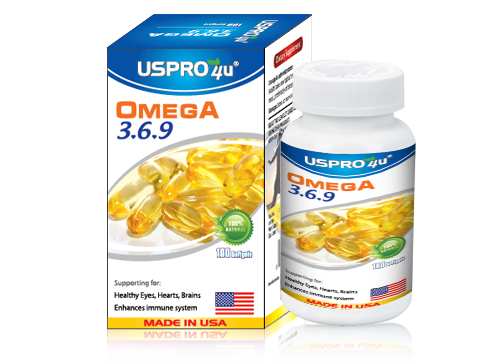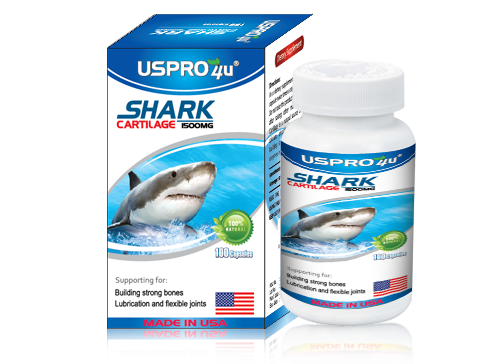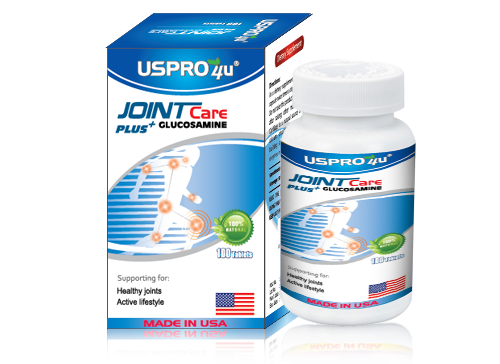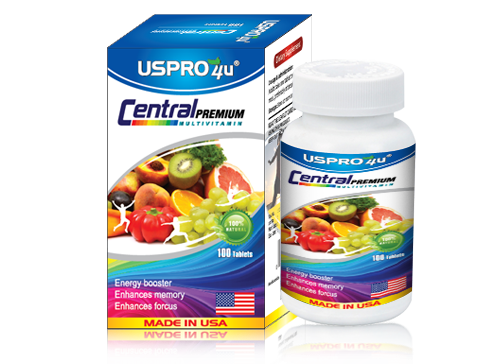The link between high cholesterol and heart disease
High levels of cholesterol in the blood is the main cause of the atherosclerosis process and the gradual narrowing of the arteries that supply blood to the heart and other organs of the body. When the coronary artery stenosis reduces blood flow to the heart muscle causes angina or even myocardial infarction. Most of the cholesterol in the blood produce LDL-C is harmful cholesterol.
in the blood exists in two main forms of cholesterol and triglycerides, so as to control blood fat needed to fully evaluate the factors: total cholesterol, LDL-C, HDL-C, triglycerides. Many studies indicate that if the control elements within the following limits, will be very effective in disease prevention of atherosclerosis: Total cholesterol less than 200mg/100ml; LDL-C below 130mg/100ml; HDL -C on 45mg/100ml; triglycerides about 150-200mg/100ml. Reduce cholesterol in the blood can also be called reduce blood fat because not only cholesterol but also need to reduce triglycerides.
If total cholesterol test results under 200mg/100ml is completely normal, the risk of heart disease less.
If total cholesterol levels from 200 - 240mg/100ml began to show signs of high risk of atherosclerotic disease already, but need to do more testing LDL-C and HDL-C, blood sugar, blood pressure ... to accurately assess the potential extent of the disease.
If cholesterol 240mg/100ml more then obvious signs of high cholesterol, high risk of atherosclerotic disease, also need to assess factors such as LDL-C, HDL-C, blood pressure, sugar blood to take remedial measures in time.
Treatment and control of cholesterol is good target prevention of cardiovascular disease
Cardiovascular disease is the leading cause of death in industrial countries nghiep.Chat Omega-3 fatty acids appear real time, and has been widely regarded as a savior for them. Indeed, many researchers have recognized the good will of the Omega-3 in the prevention of cardiovascular disease.
Many studies show DHA reduce blood triglyceride levels, reduce arrhythmia, reduce the incidence of coronary artery disease, relieve myocardial infarction. The omega-3-6-9 also has a significant effect on high blood cholesterol in pure and blood fat disorders caused by genetic factors, lowers cholesterol and triglycerides in the blood, preventing the phenomenon of closed Department (antithrombotic), coronary thrombosis prevention and help regulate heart rate (antiarrythmic), thereby avoiding the risk of sudden death death.
The two types of omega-3 eicosapentenoic acid (EPA) and docosahexenoic acid acid (DHA). Two types of acid anticoagulant effect - the cause of heart disease, arrhythmias and agitation as well as high blood pressure.
According to research by Susanna C Larsson and colleagues, published in the American Journal of Clinical Nutrition in 2010 showed that the diet rich in Omega 3 reduces the risk of stroke, while a diet rich in cholesterol are likely to cause stroke
Methods: The study conducted on 34,670 women aged 49 - 83 living in Sweden and cardiovascular disease
Results:
• During the 10.4 years found 1680 cases of stroke, including 1310 cases of cerebral infarction, 233 cases of dengue and 137 cases of unknown cause.
• After adjusting for other stroke risk, it was found that diets rich in Omega 3 fatty acids reduce the risk of stroke.
• Of the total number of cases of stroke, the risk of stroke among women who eat fish (1 times / week) than women contrition much fish (3 times / week) was 84%.
• cholesterol-rich diet is linked with risk of stroke. Of the total number of cases of stroke, women with a diet rich in cholesterol higher risk of stroke compared with women with a diet low in cholesterol is 1.2 times. Calculated on the number of cases of cerebral infarction, the figure is 1.29 times.
• Total fat, saturated fat, unsaturated, acid alpha-linoleic and omega 6 intake may increase the risk of stroke.
(According Mdlinx)
References:
1. Lee JH, O'Keefe JH, Lavie CJ, Marchioli R, Harris WS. Omega-3 fatty acids for cardioprotection. Mayo Clin Proc 2008; 83:324 -32.
2. Kris-Etherton PM, Harris WS, Appel LJ. and for the AHA Nutrition Committte. Omega-3 Fatty Acids and Cardiovascular Disease: New recommendations from the American Heart Association (Omega-3 fatty acids and cardiovascular disease: new recommendations from the American Heart Association). Arterioscler. Thromb. VASC. Biol. 2003; 23; 151-152

 The understanding of group health | Nutritional differences between Uspro4U
The understanding of group health | Nutritional differences between Uspro4U Products (Cardiovascular health)
Products (Cardiovascular health)










